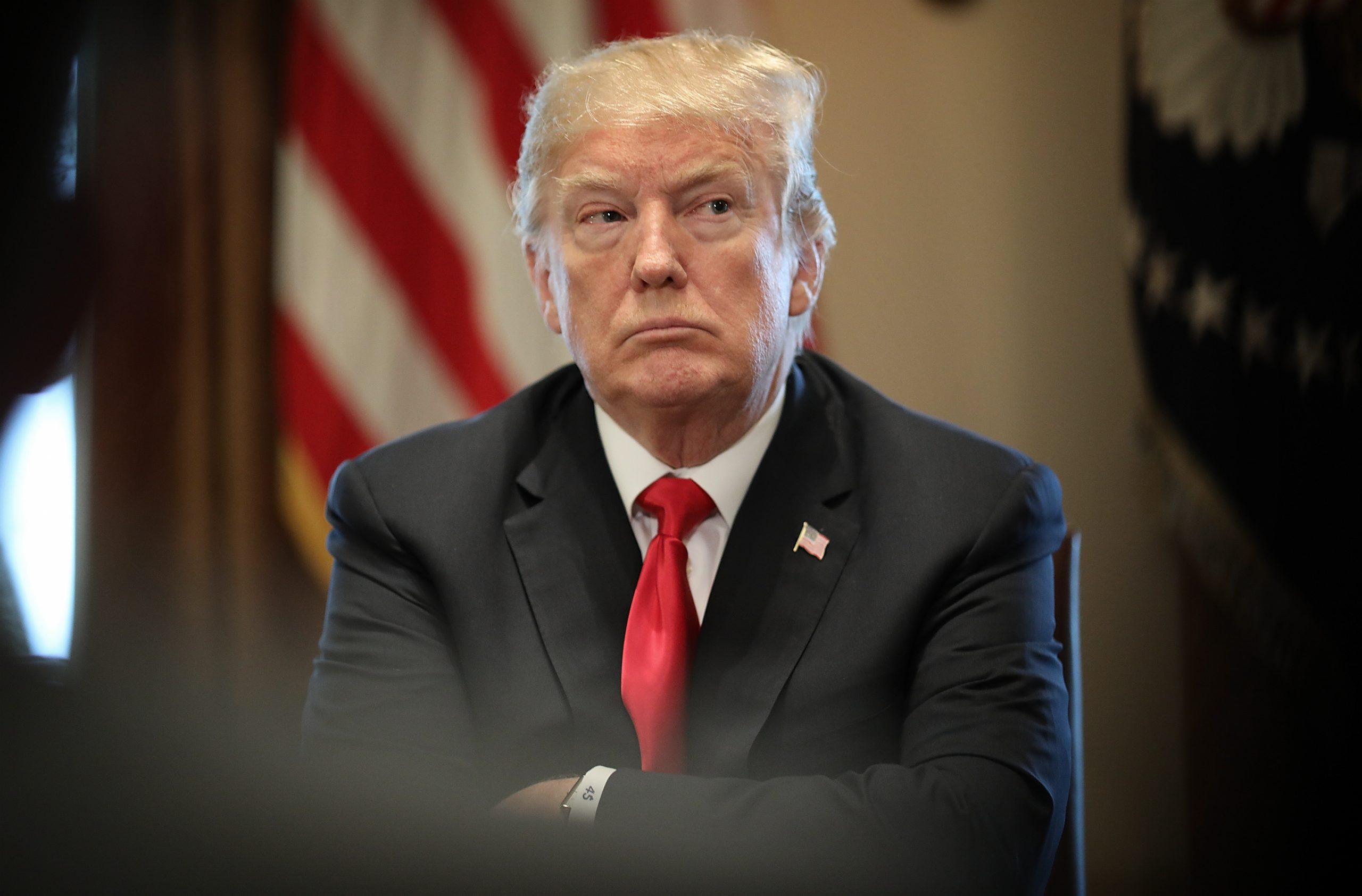Trump Defends Tariffs as Legal Battles and Global Trade Talks Escalate
03.06.2025 21:00 2 min. read Alexander Stefanov
Donald Trump is doubling down on his pro-tariff stance, crediting the policy for what he calls a booming U.S. economy.
But behind the confident messaging, his administration is juggling legal setbacks and high-stakes trade negotiations as key deadlines loom.
Two recent court rulings have challenged the legality of tariffs imposed under Trump’s “Liberation Day” campaign. Judges in both Manhattan and Washington, D.C. ruled that the measures may have exceeded the president’s legal authority. While a temporary hold has allowed some of the tariffs to remain in place, a more definitive ruling is expected later this month.
The contested tariffs—ranging from 11% to over 100%—were introduced in April but largely suspended for 90 days following market turbulence. That pause is set to expire in early July, adding pressure on U.S. trade officials to secure improved deals in a tight timeframe.
READ MORE:

Ripple’s RLUSD Stablecoin Gains Approval in Dubai, Set to Support Real Estate Tokenization
Trading partners are now being pushed to submit new tariff offers by June 4, with the White House signaling that up to 60 countries—including China, the EU, Vietnam, and South Africa—could face steep duties if no progress is made.
China remains a key target. Treasury Secretary Scott Bessent has accused Beijing of disrupting global supply chains and warned of strained economic ties unless significant progress is made. While the administration says a deal is still a priority, officials have not committed to a timeline.
According to businessman Howard Lutnick, who spoke with Fox News, the administration intends to hold firm as the tariff pause nears its end. He emphasized that the coming weeks will determine whether temporary pressure evolves into long-term policy.
-
1
Billionaire Warns of Slowing U.S. Growth, Sees 45% Chance of Downturn
20.05.2025 14:00 1 min. read -
2
China Quietly Advances Yuan as Dollar Alternatives Gain Ground
20.05.2025 17:00 2 min. read -
3
Economic Instability and Political Shift Fueling Bitcoin’s Rise – Galaxy Digital CEO
23.05.2025 12:00 2 min. read -
4
Trump Renews Attack on Fed Chair, Calls for Immediate Rate Cuts
18.05.2025 8:00 1 min. read -
5
Japan’s Inflation Hits 3.5% as Food Prices Soar and Tariff Risks Loom
23.05.2025 21:00 1 min. read
Tariffs Threaten to Stall U.S. Growth in 2025, Recovery Not Expected Until 2026
The U.S. economy may be closer to a downturn than many realize, according to Jay Bryson, chief economist at Wells Fargo.
Dollar Faces Deep Decline as Fed Cuts Pressure Currency, Warns Morgan Stanley
Morgan Stanley has issued a cautionary outlook on the U.S. dollar, predicting a major decline over the coming year as Federal Reserve rate cuts take hold.
Trillions in Debt Payments Could Break U.S. Economy, Ray Dalio Predicts
Legendary investor Ray Dalio has issued a stark warning about the trajectory of U.S. government finances, suggesting the country is drifting toward a series of severe economic shocks unless its debt spiral is urgently addressed.
Wall Street Veteran Warns Tariffs Could Disrupt AI-Driven Market Rally
Steve Eisman, the famed investor known for forecasting the 2008 housing collapse, is sounding the alarm—not on overvalued tech stocks or interest rates, but on the escalating risk of global trade disputes.
-
1
Billionaire Warns of Slowing U.S. Growth, Sees 45% Chance of Downturn
20.05.2025 14:00 1 min. read -
2
China Quietly Advances Yuan as Dollar Alternatives Gain Ground
20.05.2025 17:00 2 min. read -
3
Economic Instability and Political Shift Fueling Bitcoin’s Rise – Galaxy Digital CEO
23.05.2025 12:00 2 min. read -
4
Trump Renews Attack on Fed Chair, Calls for Immediate Rate Cuts
18.05.2025 8:00 1 min. read -
5
Japan’s Inflation Hits 3.5% as Food Prices Soar and Tariff Risks Loom
23.05.2025 21:00 1 min. read

